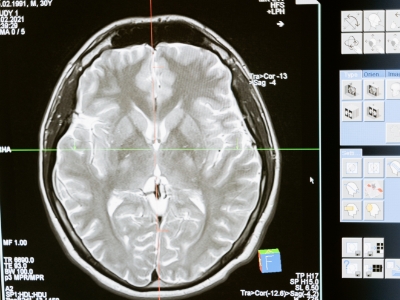Phenytoin Sodium for Seizures

Phenytoin Sodium is an anticonvulsant or antiepileptic drug usually recommended for managing seizures. The drug works by blocking the spread of seizure activity in the brain. It also helps keep the neurons in your brain from becoming too active. As a result, Phenytoin Sodium reduces how often you have seizures.
What Is A Seizure?
A seizure is a burst of uncontrolled electrical activity between brain cells that causes temporary abnormalities in muscle tone or movements, behaviors, sensations, or states of awareness.
There are two major types of seizures:

- Focal Onset – starts in one area and can spread across the brain and cause mild or severe symptoms, depending on how the electrical discharges spread.
- Generalized Onset – can start as focal seizures that spread to both sides of the brain. They also can occur as generalized onset seizures in which seizure activity starts simultaneously over both sides of the brain. This seizure usually starts during childhood and is similar to a thermostat surge or a light flash.
Common Signs and Symptoms of Seizure
Signs and symptoms can range from mild to severe. Signs and symptoms may include:
- A staring spell
- Temporary confusion
- Loss of consciousness or awareness
- Uncontrollable jerking movements of the arms and legs
- Cognitive or emotional symptoms, such as anxiety, fear, or déjà vu
Common Causes of Seizure
Brain nerve cells send and receive electrical impulses, which allow them to communicate with one another. A seizure can be caused by anything that disrupts these communication pathways. Several types of seizure disorders can be caused by genetic mutations.
The most common cause of seizures is epilepsy. Sometimes seizures may be caused or triggered by:

- Lack of sleep
- Stroke
- Brain tumor
- Flashing lights, moving patterns, or other visual stimulants
- High fever, which can be associated with an infection such as meningitis
- Low blood sodium, which can happen with diuretic therapy
- Head trauma that causes an area of bleeding in the brain
- Autoimmune disorders
- Abnormalities of the blood vessels in the brain
- Use of illegal or recreational drugs
- Alcohol misuse, during times of withdrawal or extreme intoxication
- Medications such as certain antidepressants, pain relievers, or smoking cessation therapies, that lower the seizure threshold
- COVID-19 virus infection
Treatment for Seizure
Many seizures are treated with anti-seizure medications. Anti-seizure medications come in many different forms. Finding the medicine that works best for you and causes the fewest side effects is the goal of medication. You may be prescribed more than one medication by your doctor in some cases.
If your doctor prescribes you medication, he or she will consider your condition, your frequency of seizures, and your age among other things. Also, your doctor will review any other medications you may be taking to make sure they won’t interact with the anti-epileptic medication.
Medication mostly prescribed by doctors may include:
- Phenytoin Sodium – this is a widely used anticonvulsant drug that acts by reducing the spread of certain activities in the brain that result in seizures.



